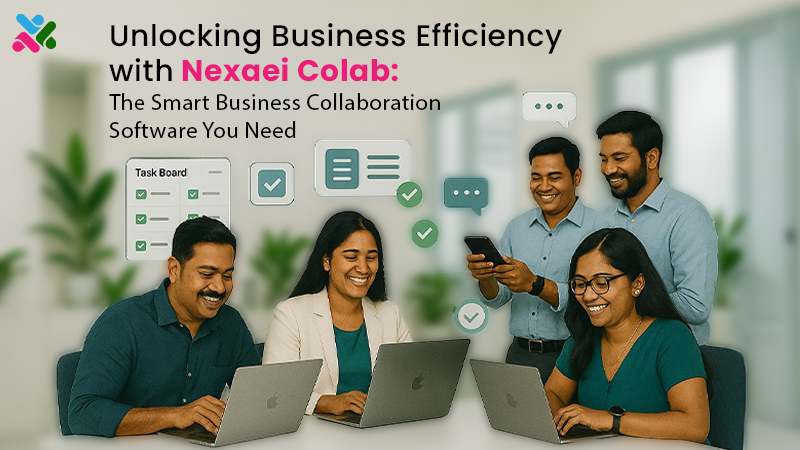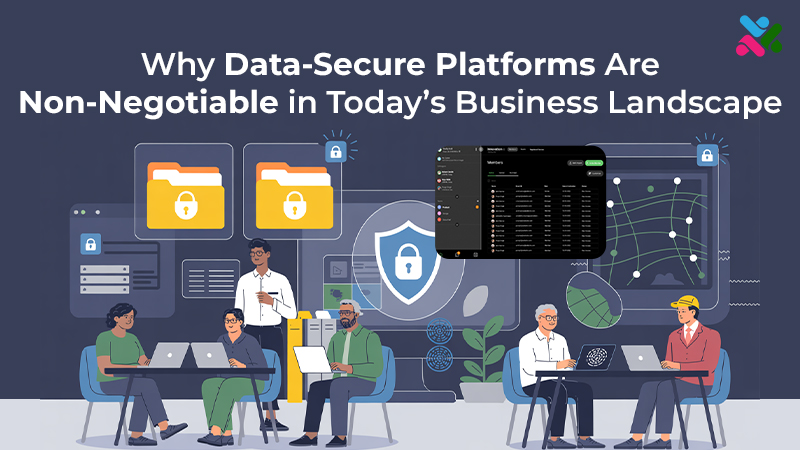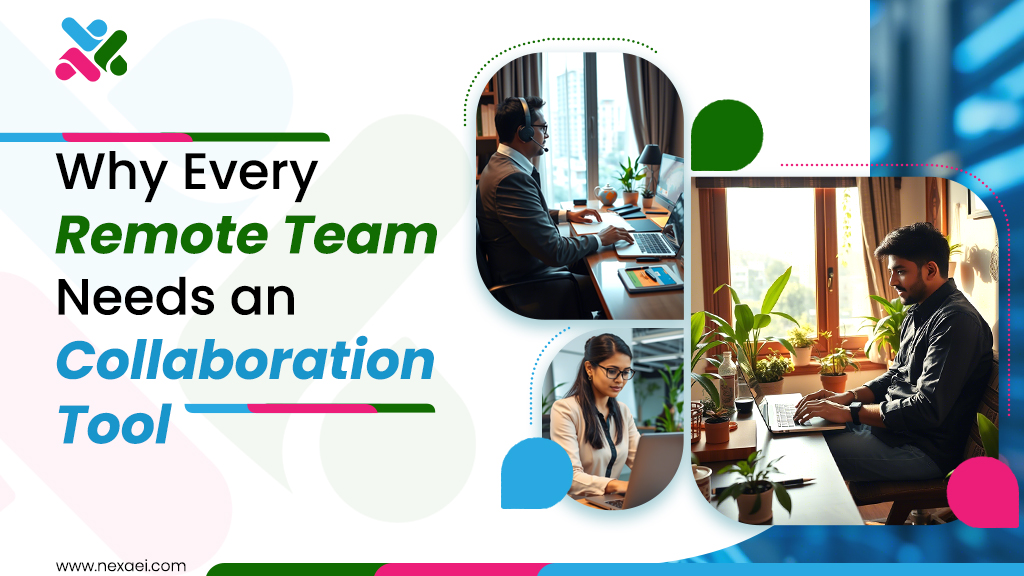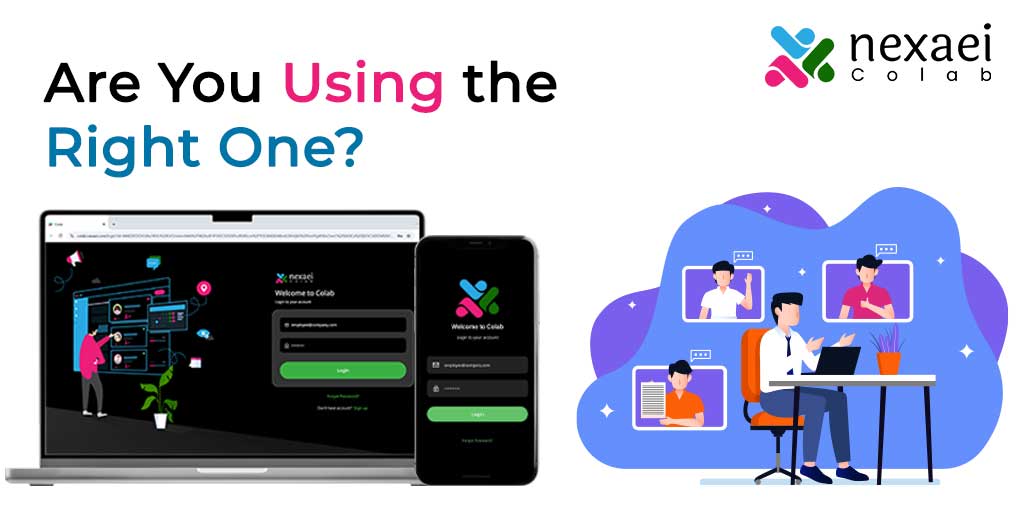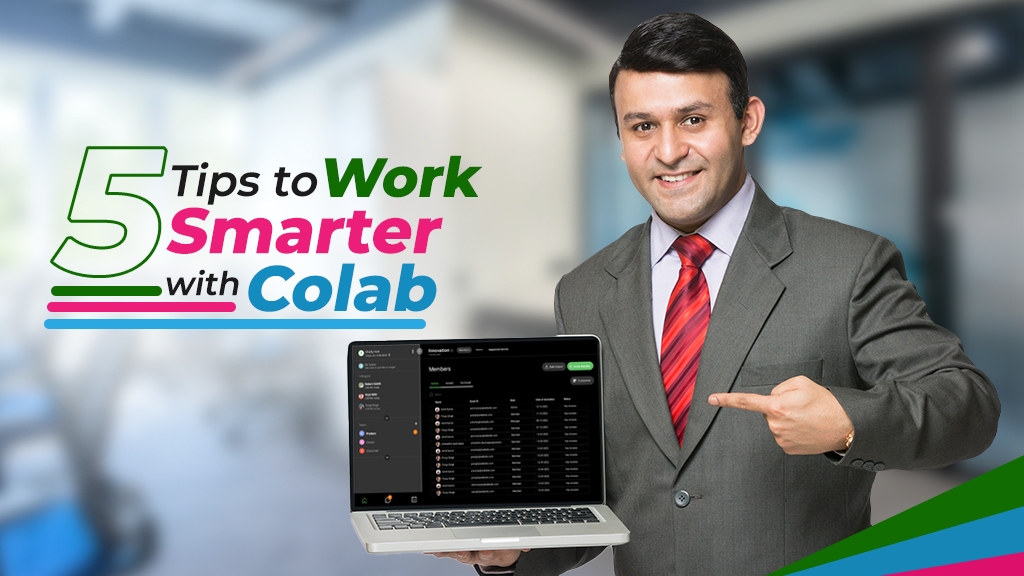By now it is clear that the need of a smart office is imperative. With an intelligent workspace in place, work becomes more fun and engaging. When technology empowers the workstyle, employees get more time to create and give it their best. Flexibility and mobility are key to modern business processes that would a far more dynamic work environment. Technology is stealthily creeping into business functions – mostly the way communication and work is done in offices. Today, more and more organizations have started relying on digital tools like work management platforms instead of traditional emails – which have proved beneficial for HR who prefer working smartly!
Redefining the concept of the ‘office’ as we know it today
The astonishing rise of the Internet of Things (IoT), machine learning, and artificial intelligence have given rise to a plethora of sensory technologies around the globe today. Modern communication tools have revolutionized workplace productivity – thereby allowing an employee to stymie his own productivity. With smart communication devices enabling workers from various teams to come together and work in unison – modern offices are giving rise to ideas and creativity hitherto unseen.
Recently, the HRDs have undergone dynamic shifts in their roles, functions, and overall reshaping of organizations. Without a doubt, a huge cloud of uncertainty does prevail in the minds of HR experts across the world owing to this inevitable and relentless change, and how would they implement this transformation in their organizations. These changes are also bringing about a major transformation in the role of an HR.
Various researches over the years have highlighted the abysmal level of employee engagement quotient of any given organization. There are numerous evidences that highlight the direct impact of heightened employee engagement on exponential business growth. Owing to this freshly found interest in emphasizing on employee experience, strategic HR is ready to make a good investment in implementing advanced HR technologies to help them to reimagine the employee lifecycle. Let’s see how.
A streamlined onboarding process is the fundamental responsibility of the respective HR. With the implementation of smart technology, HR can furnish an all-new level of employee experience. Automating the entire onboarding process of the employees contribute to the productivity of the HR, thereby providing them with an opportunity to understand the real challenges of productivity and deliver effective results.
Once onboarded, the next important thing that directly or indirectly affects the employee life cycle is the payroll. The payroll processing in any organization is dependent on
- total days present
- total days absent
- net leave balance and LWP count
- additional pay
With the help of automated software and smart devices, the entire payroll processing using the above four variable data points becomes organized and smooth. The need of the hour for HR is an advanced software that centralizes attendance data, automates policies, and delivers consolidated reports. This is a very critical step that determines how the future of your smart workplace will look like, as it will be helping HR redefine their job role and come out of the siloes – helping them transform into a strategic HR!



